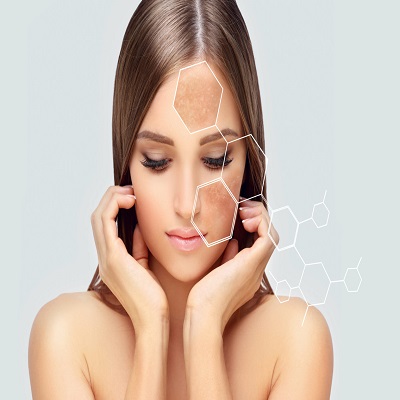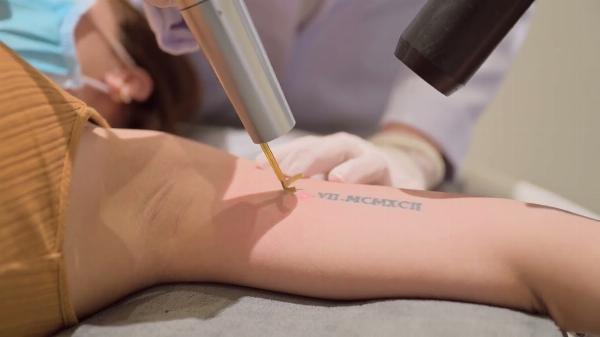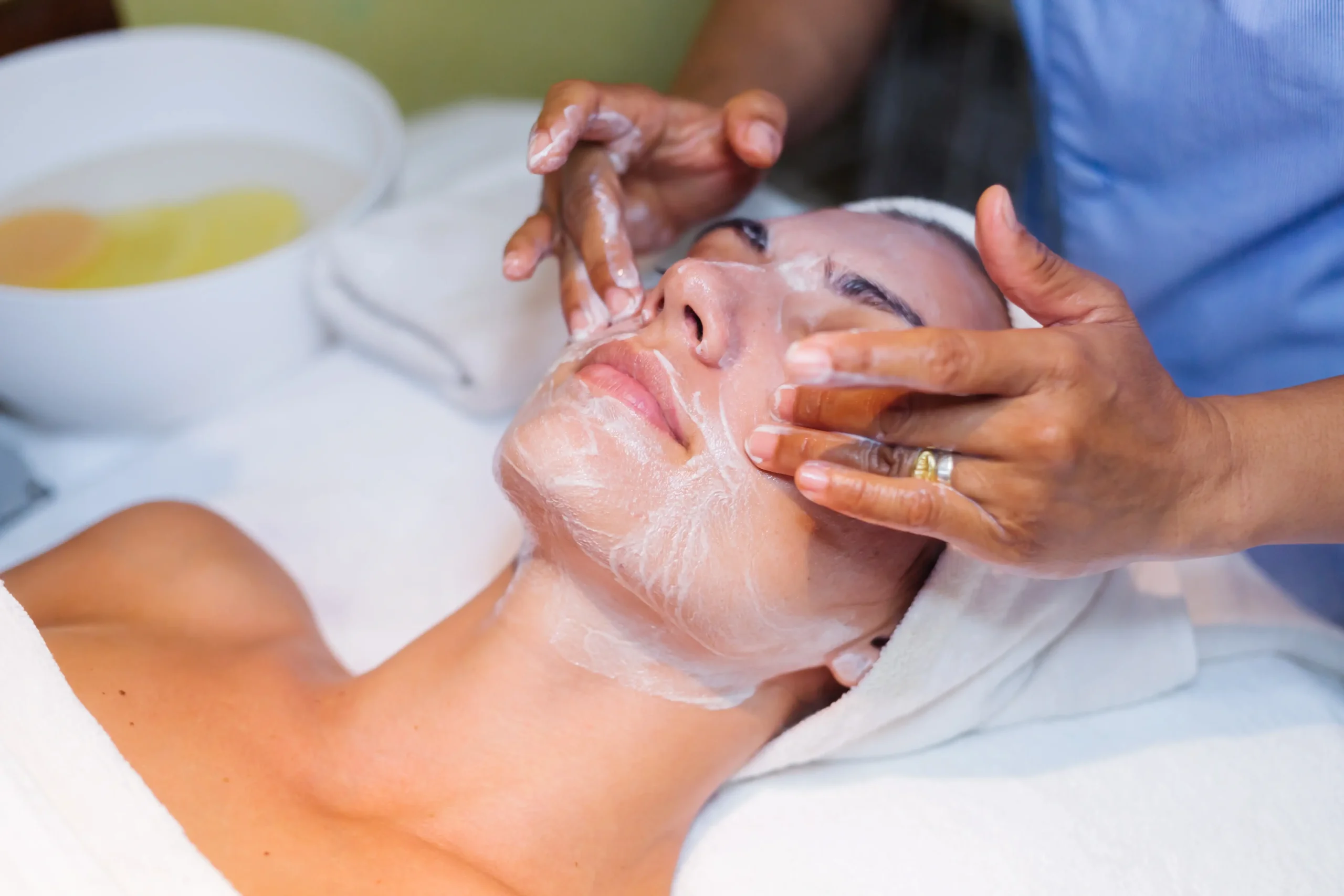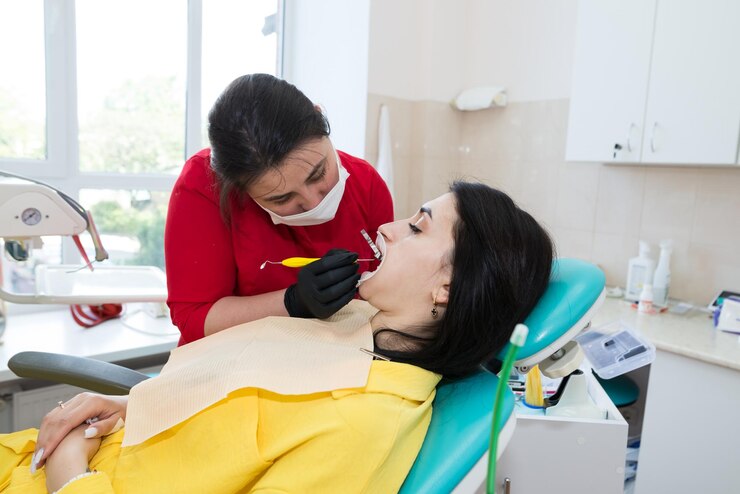What are the side effects of melasma treatments?

Strong 8k brings an ultra-HD IPTV experience to your living room and your pocket.
Melasma is a common skin condition characterized by dark, irregular patches typically appearing on the face. For individuals in Islamabad seeking effective care, professional Melasma Treatment in Islamabad offers a range of options tailored to improve skin tone and appearance. While these treatments can be highly effective, understanding their potential side effects is essential to making informed decisions.
Overview of Melasma Treatments
Melasma treatment options vary depending on the severity and type of pigmentation. Common treatments include:
Topical depigmenting agents: Hydroquinone, azelaic acid, kojic acid, tretinoin
Chemical peels: Glycolic acid, salicylic acid, trichloroacetic acid (TCA)
Laser and light therapies: Q-switched lasers, fractional lasers, intense pulsed light (IPL)
Microneedling and combination therapies
Each treatment has its unique mechanism and risk profile, making it crucial to understand potential side effects.
Side Effects of Topical Depigmenting Agents
Topical creams and gels are often the first line of treatment for melasma. While generally safe, they can cause side effects in some users:
Skin irritation: Redness, dryness, itching, or burning sensations are common, especially when starting treatment or using high concentrations.
Allergic reactions: Though rare, some individuals may experience allergic dermatitis, with swelling, rash, or blistering.
Exogenous ochronosis: A rare but serious side effect mainly linked to prolonged use of hydroquinone, causing blue-black pigmentation that is difficult to treat.
Increased sensitivity: Treated skin may become more sensitive to sunlight, necessitating diligent sun protection.
To minimize risks, topical treatments should be used under medical supervision with periodic evaluation.
Side Effects of Chemical Peels
Chemical peels work by exfoliating the upper layers of the skin to reduce pigmentation. Side effects may include:
Redness and irritation: Peeling and redness are expected as the skin sheds but can be uncomfortable.
Swelling: Mild to moderate swelling may occur, usually resolving in days.
Post-inflammatory hyperpigmentation (PIH): Paradoxically, peels can sometimes worsen pigmentation, especially in darker skin tones or if post-treatment care is inadequate.
Scarring: Although rare, improper peel depth or technique can cause scarring.
Infection: Peeling skin can be vulnerable to bacterial or viral infections if not cared for properly.
Choosing the appropriate peel strength and provider expertise is key to reducing these risks.
Side Effects of Laser and Light Therapies
Laser treatments are popular for melasma due to their targeted approach. However, they carry some side effects:
Redness and swelling: Temporary redness and mild swelling usually subside within hours to days.
Post-inflammatory hyperpigmentation (PIH): A significant risk, especially in patients with darker skin, where laser-induced inflammation triggers more pigmentation.
Hypopigmentation: Laser energy can sometimes cause loss of pigment, leading to lighter patches that may be permanent.
Blistering and crusting: In rare cases, laser treatments can cause blister formation and crusting.
Pain or discomfort: Some patients experience mild pain during and after sessions.
Scarring: Though very uncommon, improper laser settings or post-treatment infection can cause scars.
Laser treatments should always be performed by experienced professionals with protocols adapted to the patient’s skin type.
Side Effects of Microneedling
Microneedling involves controlled skin injury to stimulate healing and improve pigment appearance. Side effects can include:
Redness and swelling: Common and typically mild, resolving within a few days.
Bruising: Some patients may experience minor bruising.
Infection risk: There is a small risk if the procedure is not done under sterile conditions.
Temporary hyperpigmentation: Microneedling can sometimes trigger pigment darkening initially.
General Considerations Across Treatments
Sun Sensitivity: Many melasma treatments increase photosensitivity, making rigorous sun protection essential to avoid exacerbation.
Treatment Duration: Side effects are often linked to treatment duration and intensity; prolonged or aggressive treatment increases risks.
Skin Type: Individuals with darker skin tones must exercise extra caution, as they are more prone to pigmentary side effects.
Combination Therapy Risks: Combining treatments can enhance results but also increases the chance of adverse effects if not carefully managed.
How to Minimize Side Effects
Consult a Specialist: Always seek care from experienced dermatologists or cosmetic experts familiar with melasma’s complexities.
Patch Testing: Conduct patch tests to check for allergic or irritant reactions before full treatment.
Follow Pre- and Post-Care Instructions: Adhering to professional guidance on skincare routines, sun protection, and medication use reduces complications.
Gradual Treatment Approach: Start with conservative treatments and adjust based on skin response.
Regular Monitoring: Frequent follow-ups allow timely management of any side effects.
When to Seek Medical Advice
Immediate consultation with a healthcare provider is recommended if you experience:
Severe redness, swelling, or pain lasting more than a few days
Signs of infection such as pus, fever, or increasing warmth
Persistent worsening of pigmentation or scarring
Allergic reactions like swelling or blistering
Conclusion
Understanding the potential side effects of melasma treatments empowers patients to make informed choices and approach therapy safely. While topical agents, chemical peels, lasers, and microneedling each carry some risks, these can be significantly minimized with professional care, proper protocols, and patient adherence to guidelines.
Note: IndiBlogHub features both user-submitted and editorial content. We do not verify third-party contributions. Read our Disclaimer and Privacy Policyfor details.







